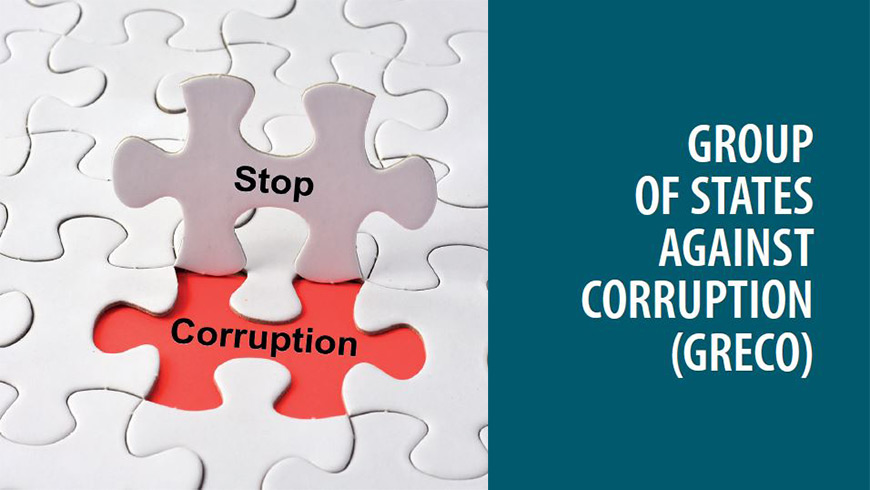In its second compliance report released today, GRECO (Group of States against Corruption) finds that “the Former Yugoslav Republic of Macedonia” made no substantial progress in implementing recommendations on preventing corruption among MPs, judges and prosecutors.
Calling the country’s performance at this stage “clearly disappointing”, the Council of Europe’s anti-corruption group urges the authorities to take more determined and focused action in respect of a number of recommendations issued four-and–a-half years ago.
More specifically, only six of the nineteen recommendations have been implemented satisfactorily. Of the remaining recommendations, eight have been partially implemented and five have not been implemented.
With respect to members of parliament, none of the improvements recommended have been implemented even partially, with the exception of what concerns the elaboration of a code of conduct for parliamentarians, which is now back on track again after the project had been stalled in the end of 2016.
As for judges and prosecutors, the report finds that the country has made some limited progress, pointing out the adoption of the amendments to the Law on the Judicial Council (in December 2017 and May 2018). GRECO also notes that new advisory and supervisory bodies are being created for judges and prosecutors to support the implementation of their respective rules of conduct in daily practice, but it will need to reassess these improvements when more specific information becomes available.
When it comes to the system of declarations of assets and interests, the Council of Europe’s group regrets that no meaningful development has taken place to strengthen the control function and to support a more balanced and political interference-free approach of the State Commission for the Prevention of Corruption (SCPC). Furthermore, the SCPC was itself recently embroiled in serious controversies, resulting in a majority of its members resigning amid allegations of mismanagement of assets.
GRECO concludes that the current very low level of compliance with the recommendations is “globally unsatisfactory” and asks the head of delegation of “the former Yugoslav Republic of Macedonia” to provide a report on the country’s progress in implementing the recommendations as soon as possible, but at the latest by 30 June 2019.



